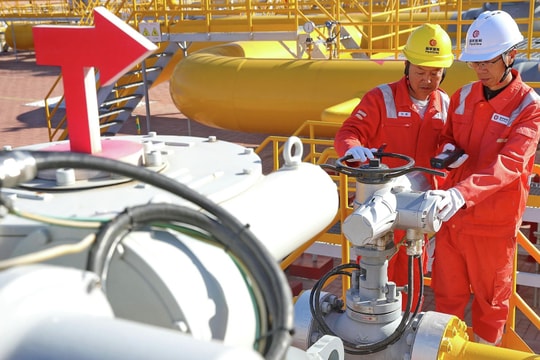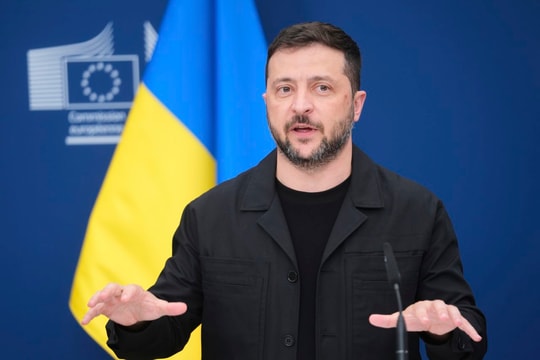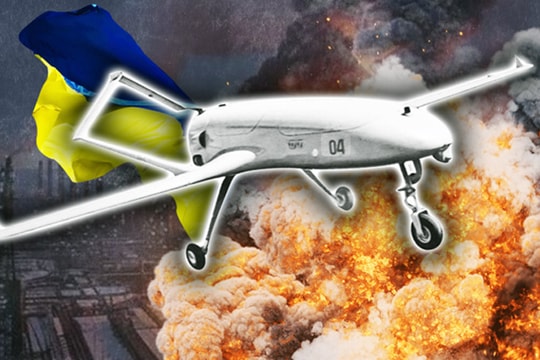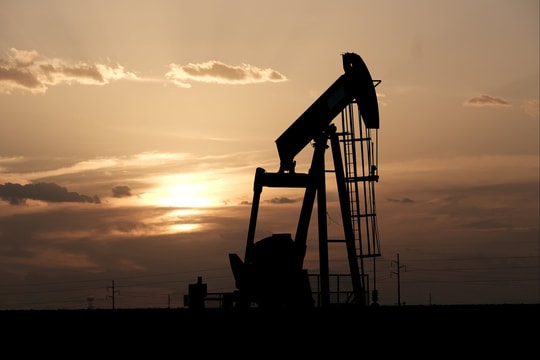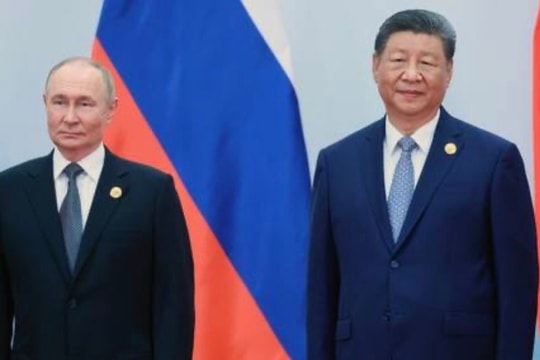'All-out' war between Russia and the West
The US is encouraging Ukraine to fight back; NATO is calling for more arms to be pumped into the Kiev government; the EU is looking to increase sanctions on Russia in many areas. However, a full-scale Western attack would certainly be met with a strong response from Russia.
US Defense Secretary Lloyd Austin yesterday (September 9) cheered the victories on the battlefield after Ukraine announced it had made progress in counterattacks in the south and east, regaining control of many areas.
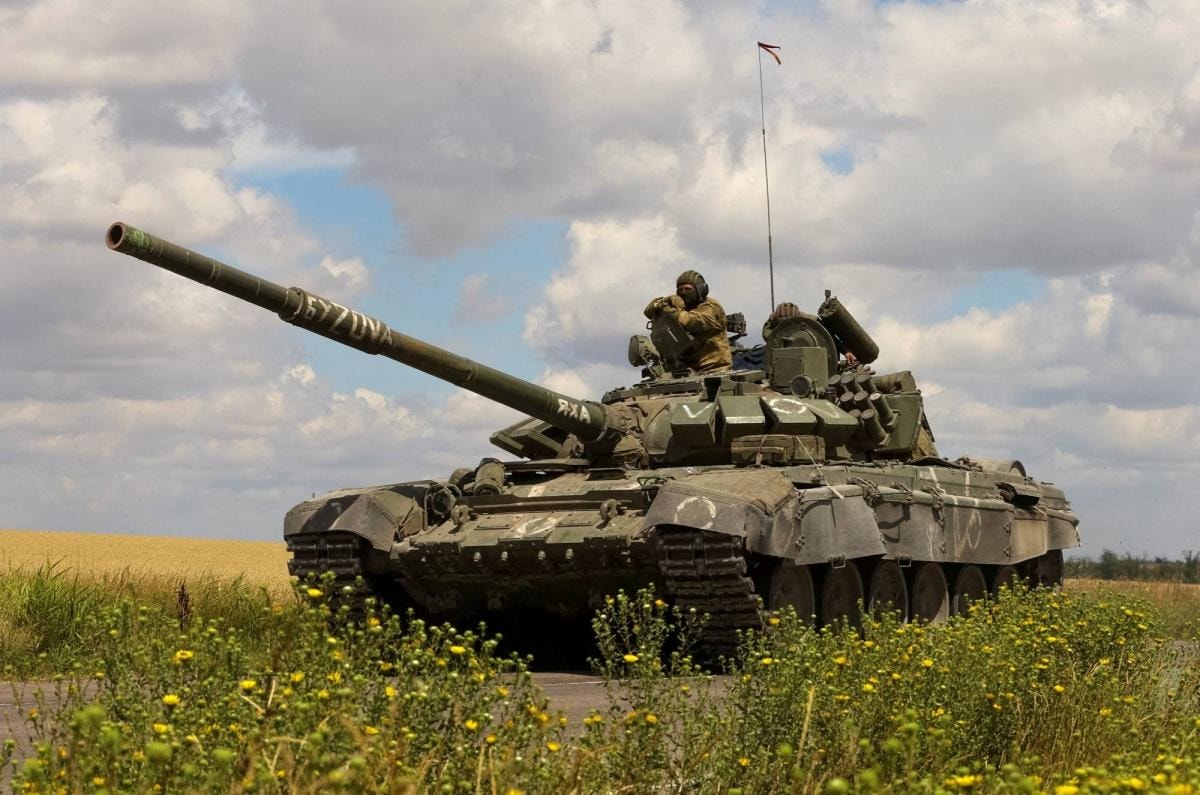 |
A full-scale Western attack would certainly be met with a strong response from Russia. Photo: Reuters |
“The HIMARS missile system that the US has provided has allowed Ukraine to launch counterattacks inside the country. The weapons are changing the situation. We have seen some progress in Kherson and Kharkov. That is very encouraging.”
Russia confirmed that fierce fighting occurred when Ukraine launched attacks on Russian forces; but claimed that the Ukrainian side suffered heavy losses. The Ukrainian counterattack in Kherson was unsuccessful.
In the face of developments on the Ukrainian battlefield, NATO Secretary General Jens Stoltenberg said that Ukraine is preparing to enter a difficult winter and that Western countries need to continue to maintain military support for the country, from winter uniforms, tents, generators... to weapons and ammunition. NATO urged Ukraine to continue fighting against Russia, despite Russia's repeated warnings to Ukrainians that the West is using them as an outpost in the battle against Moscow. The Russia-Ukraine conflict is heating up, and the West is constantly looking for ways to further expand sanctions on Russia.
Yesterday, the Council of the European Union decided to suspend the visa agreement signed with Russia in 2007 from September 12. This agreement, which provides privileges for citizens of reliable EU partner countries to travel to Europe easily, has made it more difficult and expensive for Russian citizens to travel to Europe. On the same day, at an urgent meeting, the Energy Ministers of the European Union (EU) countries considered a proposal to cap the price of Russian gas. However, the EU was deeply divided when about 10 member countries publicly opposed this proposal.
Germany believes that capping the price of Russian gas could trigger Russian retaliation in the form of a complete cutoff of gas supplies to the EU, a scenario that Germany fears would particularly affect Central European countries such as the Czech Republic, Slovakia and Romania. Austria and Hungary also believe that capping the price of Russian gas would be contrary to their interests.
“I know the proposal for a gas price cap, but I don’t know if it will guarantee our gas supply security when implemented,” said Austrian Energy Minister Leonore Gewessler. “It is a fact that we have tried to reduce our dependence on Russian gas from 80% to 50%, but we are still dependent. Therefore, this is not a proposal that we can support at this time.”
In response to the EU's calculations, Russia announced that it would retaliate on the visa issue, and warned of serious consequences if the EU decided to impose a price cap on Russian energy products. Russian Foreign Ministry spokeswoman Maria Zakharova said that the West did not understand how their move would affect their own country in the future.
“The West will slip right where it stands” - Russian President Vladimir Putin previously warned that Russia would stop supplying all energy products to Europe if the EU and its Western allies imposed price ceilings on Russian oil and natural gas./.
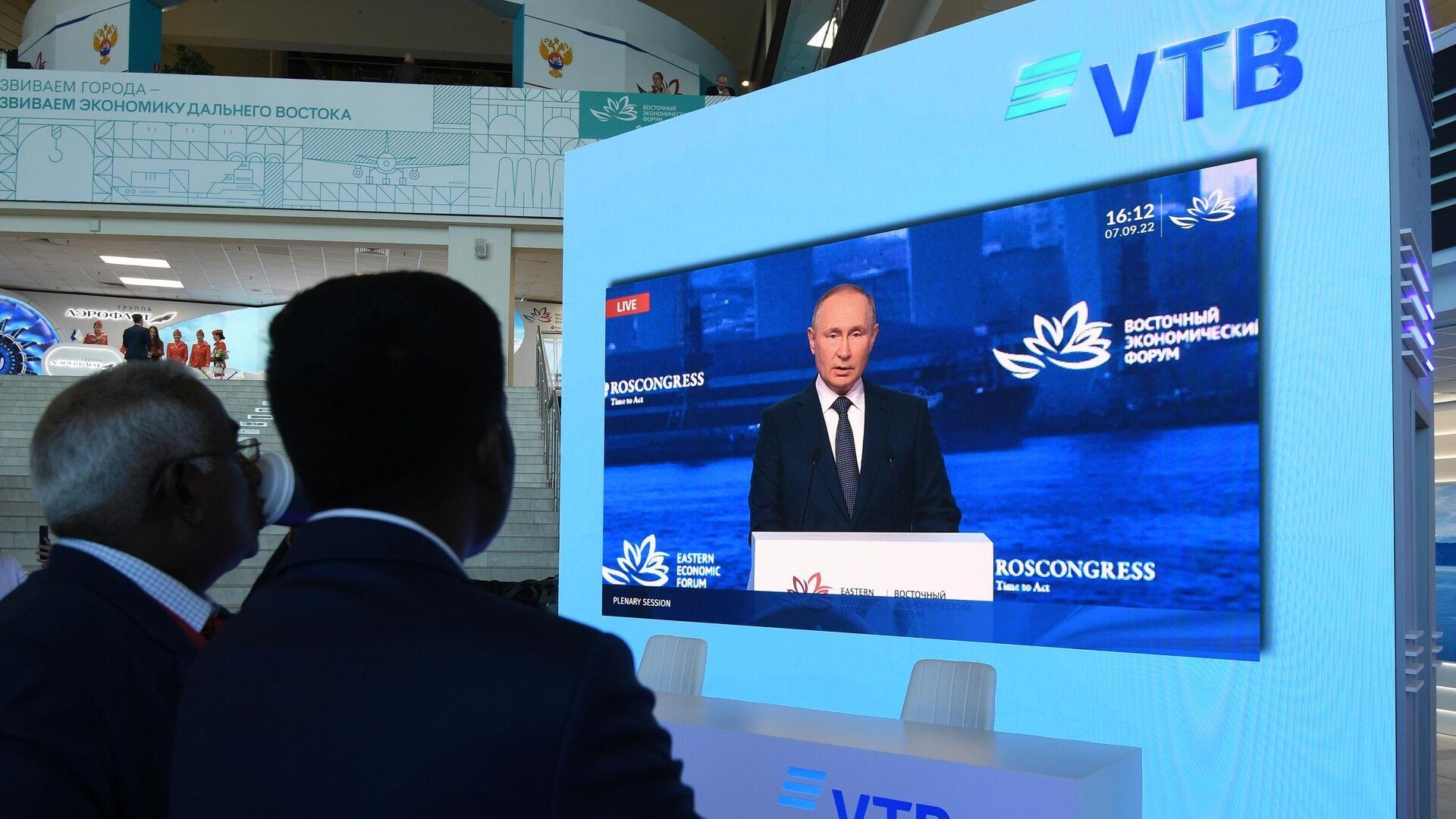
Russia accuses the West of threatening the whole world
07/09/2022

